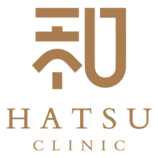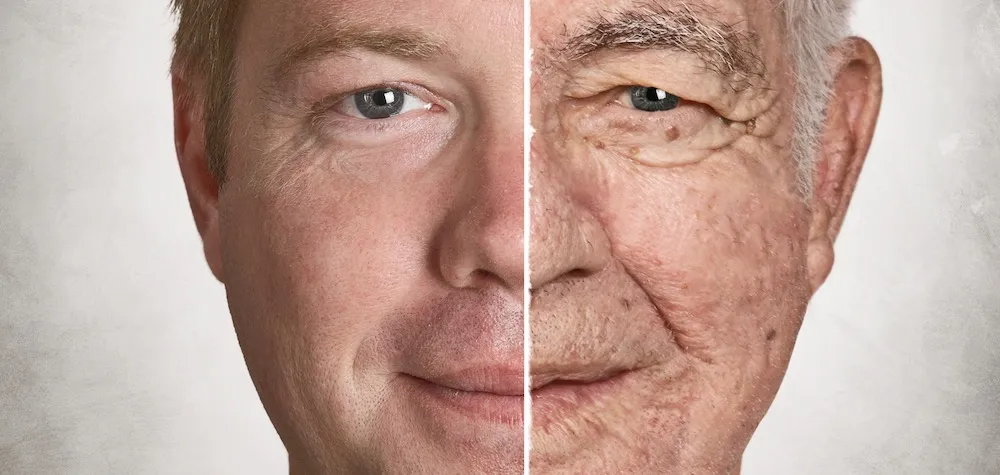Many think acne is just teenage skin issue? It’s actually not. Some in their 20s, 30s or even after 40s are still battling with acne breakouts especially around chin, jawline area, you might be dealing with HORMONAL ACNE.
Unlike typical acne at teenage, hormonal acne often resists over the counter treatments and it’s related to internal imbalances which need proper medical attention.
What is Hormonal Acne?
Hormonal acne is caused by fluctuations in androgens (like testosterone), this in turn trigger excess oil production and clogged pores.
Often those suffering from hormonal acne may present with following symptoms:
- 1. Deep, painful nodules/ cysts often on the lower face and jawline
- 2. Acne breakouts during menstruation
- 3. Oily skin with persistent dryness
- 4. Acne conditions which just don’t respond to typical treatments
The Science Behind Hormonal Acne
Hormonal acne occurs when androgen hormones ( a male hormone that present in both genders with male predominant) stimulate excess sebum production, clogging pores and causing inflammation.
- 1. Menstrual cycle fluctuations
- 2. Polycystic Ovary Syndrome (PCOS)- a gynae condition with elevated androgens and insulin resistance
- 3. Stress- cortisol disrupts hormonal balance
- 4. Perimenopausal – as esterogen decline, androgen hormones raise)
- 5. Certain medications – hormonal pills, steroids
Can Lifestyle Adjustments Help?
Yes, while medical treatments are often necessary for moderate to severe hormonal acne, lifestyle changes can significantly improve the conditions.
- 1. Diet adjustment:
- Avoid / reduce intake of Dairy products: They contain growth hormones (like IGF-1) which can stimulate oil glands
- Reduce Sugar : Raise in insulin level can boost androgen hormones.
- Omega 3 intake: Studies say that Omega 3 help to reduce inflammation.
- 2. Stress
- Chronic stress can cause cortisol spikes which in turn causing more oil production and inflammation
- Yoga / deep breathing / Enough rest hour can help
- 3. Skin care:
- No Over cleansing: over cleansing can disturb skin barrier and hence causing rebound oiliness
- Do Not Skipping moisturiser: as dry skin can overproduces oil. Choose a mon comedogenic moisturisers.
- Popping Acne: this increases the rick of scarring and inflammation
When to Seek For Help?
Hormonal acne can signal underlying conditions like PCOS or even thyroid disorders. Health screening might be indicated if necessarily. Seek for professional advice if you:
- 1. Have painful, cystic acne
- 3. Sudden onset of acne breakouts during adulthood
- 2. Irregular menstrual periods
Hormonal Acne is complex but it’s treatable.
The key is to address the internal cause while repairing the skin barrier.



